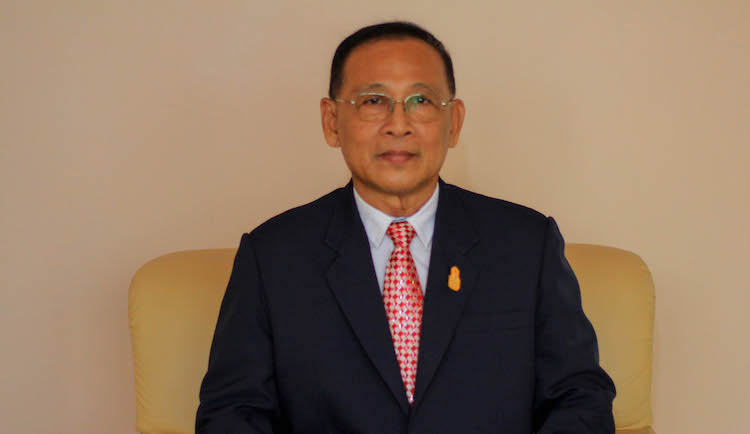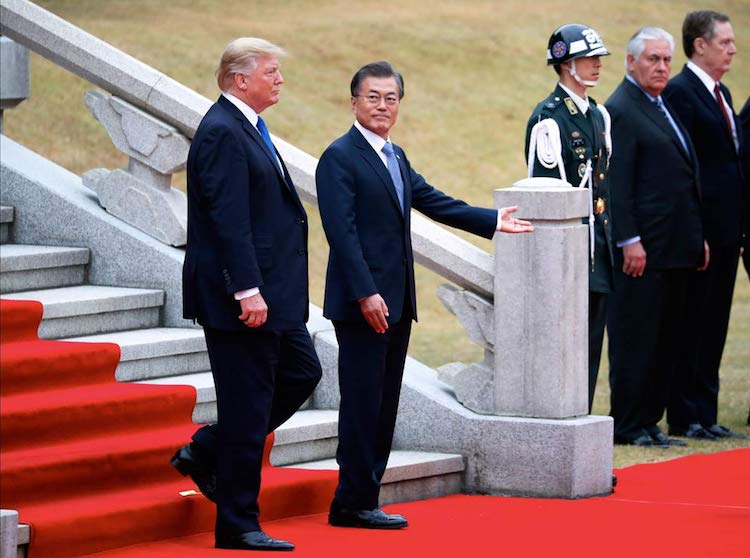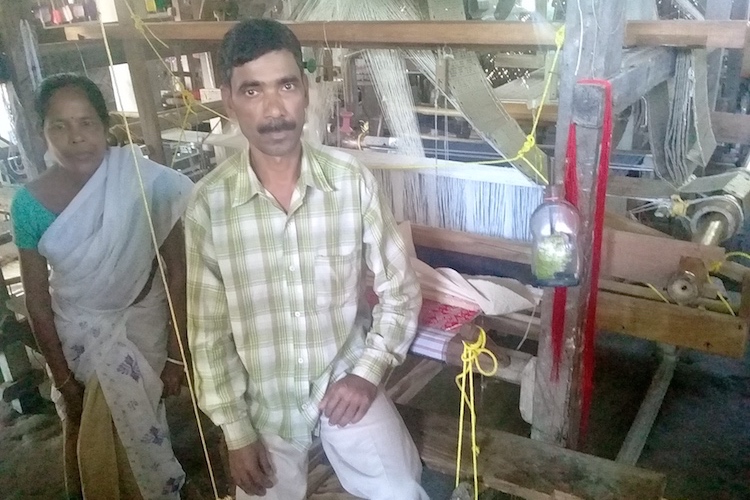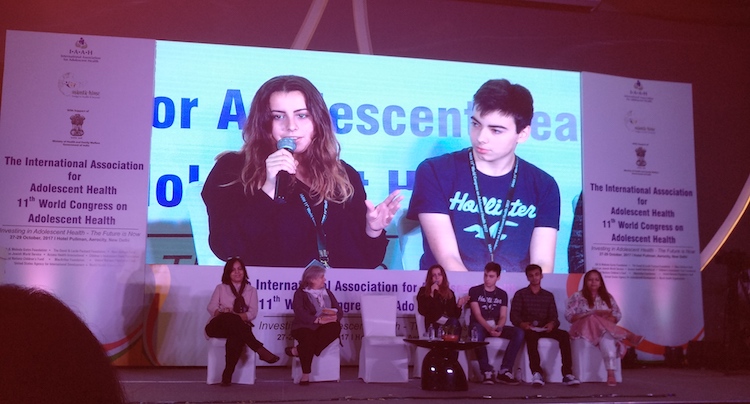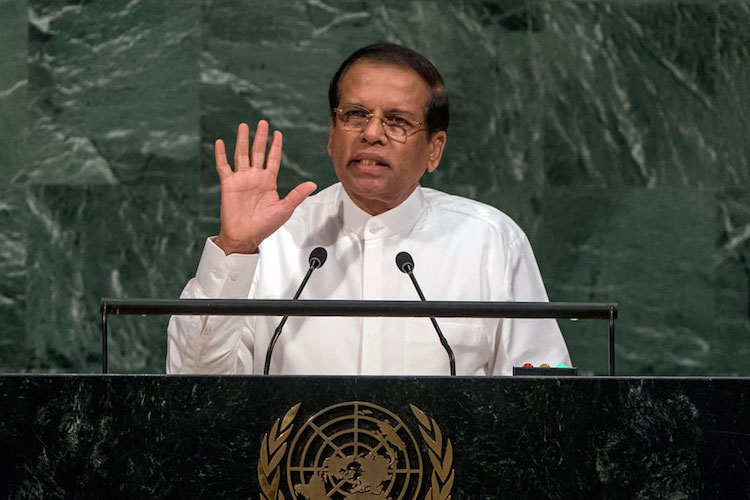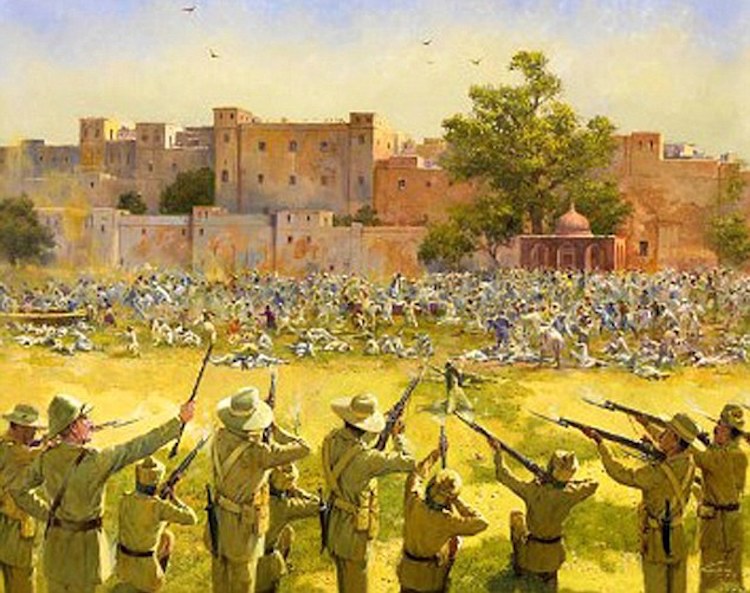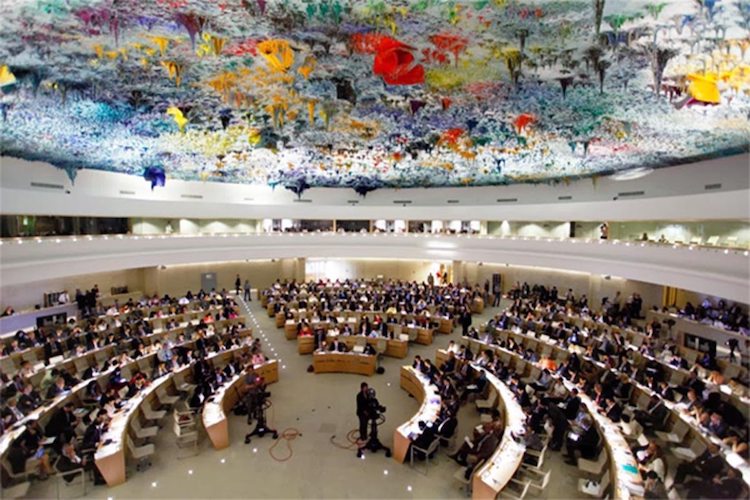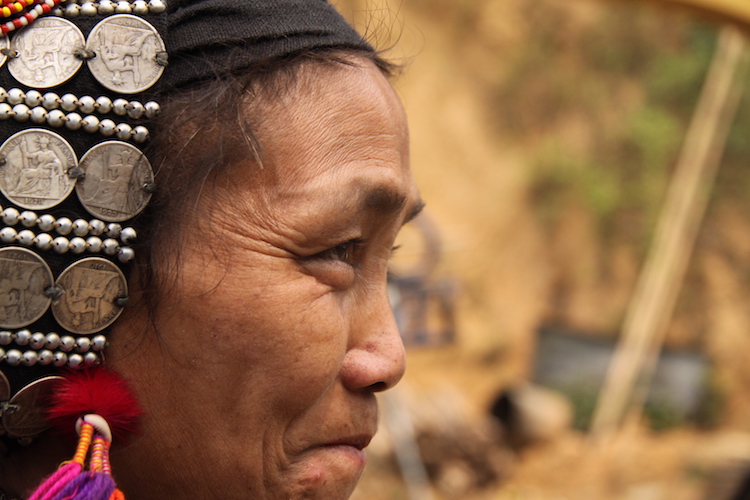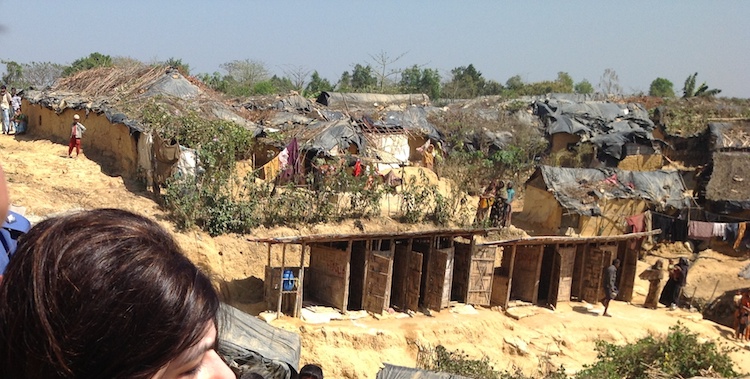By Jutta Wolf BERLIN | BANGKOK (IDN) – There is something exceptional about Dr. Thanawan Bhookphan who was born in Min Buri, one of the 50 districts of Bangkok, the capital city of Bangkok, and spent over 30 years in the United States. He received Mechanical Engineering Degree from the University of Arizona, and Master’s […]
Trump’s Asian Visit Exposes U.S.-Asia Perception Gap
By Kalinga Seneviratne BANGKOK (IDN) – It is often said that since the end of the World War II, the United States has been the pre-eminent power in the Asia-Pacific region, providing the stability needed for the economic boom of the past 70 years. This perception is changing, however, and has intensified especially after U.S. […]
Climate Change Impact in Asia-Pacific Needs Innovative Finance Solutions
By Jaya Ramachandran BONN (IDN) – While global estimates range between US$55 trillion and $93 trillion to stay within 2 degree Celsius of temperature increase by 2030-2035, developing countries in Asia alone need an estimated US$3.6 billion per annum up to 2030 to transition toward net zero emissions and increased resilience, according to ESCAP News. […]
Traditional Silk Weavers in India Losing Out To New Comers
By Kalinga Seneviratne SUALKUCHI, Assam, India (IDN) – Silk weaving is an intrinsic part of Assamese culture and the “weavers’ village” of Sualkuchi is famous for its silk products, especially the Muga silk made from the golden thread of the assama caterpillar. Situated about 30 km from Gauhati, the state capital, tourist brochures describe this […]
Data, Evidence Take Centre Stage at Adolescent Health Congress
By Stella Paul
NEW DELHI (IDN) – For three years, 13-year-old migrant Manasa spent nine hours a day picking chilli on a neighbour’s farm in southern India’s Guntur district.
But when a team of local health activists conducting a door-to-door survey in her village in the summer of 2015 found that students had stopped attending school, the finding was shared with a senior official in the provincial government who ordered the village heads to crack down on those employing children on their farms.
Along with 20 others, Manasa was rescued and sent back to school where she is now in her fifth year and dreams of becoming a teacher some day.
The Nobel Peace Prize 2017 Finally for a Legitimate Cause
Viewpoint by Somar Wijayadasa*
NEW YORK (IDN) – “Commiserations, Mr. President” in the Sunday Times of October 8 noted that President Maithripala Sirisena was “nominated and short listed” but missed the coveted Nobel peace prize.
The article provided an impressive historical perspective of our democracy – a must read by all who love our country. Bravo! to the writer. It is unfortunate that we, Sri Lankans, lost a jubilant moment.
Though no small feat to hit the short list, we are unable to know the details and opinions related to the award as the statutes of the Nobel Foundation restrict disclosure of information about the nominees for 50 years.
Asians Urged to Demand Reparations for Colonial Crimes
By Janaka Perera
This report first appeared on LankaWeb on October 3, 2017, and is being re-published because it addresses an important issue which has been persistently highlighted by Shashi Tharoor, an eminent Indian politician, prolific writer and a former senior UN official. – The Editor
COLOMBO (IDN-INPS) – At a seminar on Foreign Policy and International Law held at the Organisation of Professional Associations (OPA) auditorium, Colombo on October 2, 2017, a member of the audience, Attorney Senaka Weeraratna, called for unity among Asian countries in claiming compensation from Western colonial powers which ravaged Third World nations including Sri Lanka (then Ceylon), during question time.
Weeraratna said: “The biggest proponents of Human Rights today are the very same countries that had decimated ancient civilizations in the two Americas (Aztec, Inca, Mayan and other Native American – the so-called Red Indian), Australia ( 40,000 year old Aboriginal civilization), Africa, Middle East, and Asia, within the last 500 years. There is mounting evidence of these crimes.”
The UNHRC Resolution and Implications for Sri Lanka
By Dr Palitha Kohona
The writer is a former Permanent Representative of Sri Lanka to the United Nations. The following are extracts from his presentation to the Organisation of Professional Associations, Colombo.
COLOMBO (IDN) – The UN Human Rights Council (UNHRC) adopted the resolution entitled “Promoting reconciliation, accountability and human rights in Sri Lanka” on October 1, 2015, Resolution 30/1. This has been described by some critics as a constitution amendment project for Sri Lanka. Interestingly, it was cosponsored by Sri Lanka. In 2017, Sri Lanka obtained a two-year grace period to implement the resolution, further confirming the country’s acquiescence with Resolution 30/1.
Ominously, this year, the High Commissioner commented that in the absence of progress on the implementation of Res. 30/1, other countries could invoke the “universal jurisdiction” principle to start judicial proceedings against persons accused of having committed war crimes.
UNDP Supporting Eco-friendly Development in Laos
By Devinder Kumar
VIENTIANE (IDN) – Laos is a landlinked country bordering Myanmar, Cambodia, China, Thailand, and Vietnam. About 6.8 million people live in its 18 provinces, with most people – 68 percent – still living in rural areas. However, urbanisation is occurring at a rate of 4.9 percent each year. The country is largely mountainous, with the most fertile land found along the Mekong plains. The river flows from north to south, forming the border with Thailand for more than 60 percent of its length.
Despite still being a least developed country (LDC), Laos – officially known as the Lao People’s Democratic Republic (PDR) – has made significant progress in poverty alleviation over the past two decades with poverty rates declining from 46% in 1992 to 23% in 2015, according to the United Nations Development Programme (UNDP). “The country achieved the Millennium Development Goal target of halving poverty, however the challenge now is to ensure that all Lao people benefit in the country’s development.”
Suu Kyi Slams “Disinformation” As Information War Intensifies
By Kalinga Seneviratne
BANGKOK (IDN) – The information war on Myanmar’s Bengali/Rohingya problem has intensified as Myanmar’s de-facto leader and Nobel Peace Laureate Aung Sung Suu Kyi finally broke her silence on the issue on September 6 and slammed the international media and human rights organisations for spreading “misinformation” on the conflict.
One day earlier, the London-based Burma Human Rights Network (BHRN) launched a report in Bangkok bashing Myanmar’s Buddhist majority. The following day India’s Prime Minister Narendra Modi making his first official bilateral visit to neighbouring Myanmar pledged Indian support to fight cross-border Islamic terrorism.

